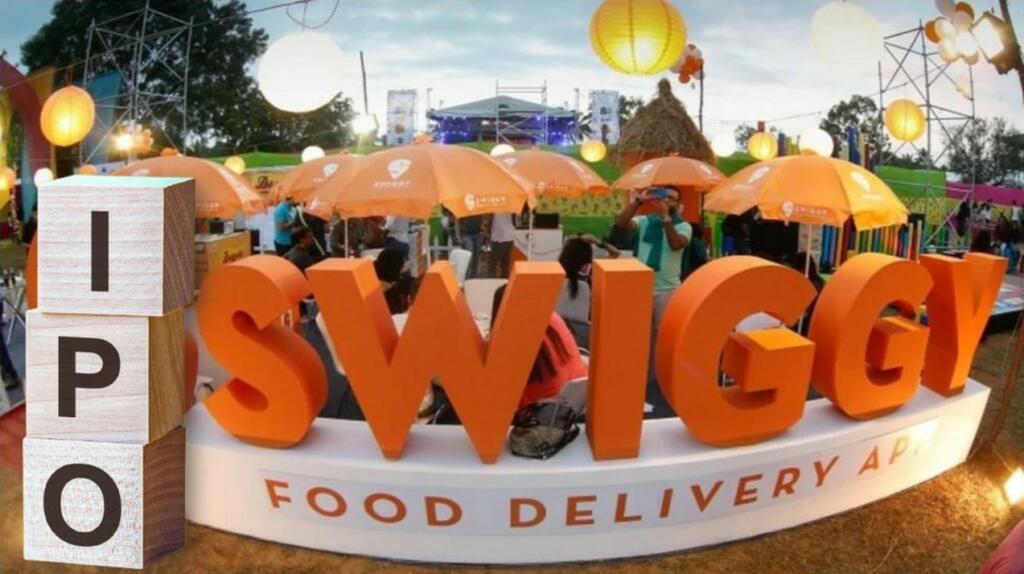Swiggy has made a big announcement. The Indian food delivery company, which is backed by the SoftBank Group is preparing to raise a minimum of $800 million in an IPO in early 2023. Swiggy is therefore adding independent directors to the board and is trying to present itself as a logistics company rather than presenting itself as a mere food delivery app.
Now, Swiggy had doubled its valuation to $10.7 billion in its latest funding round and therefore a Swiggy IPO should have generated a lot of interest. But it seems that the company will not be able to able to incite much enthusiasm.
Stock market investors had a bad 2021
The stock market investors have had a terrible experience with big tech giants going public. Last year, there were three major IPOs launched by PayTM, Zomato and Nykaa. Several investors had rushed in to book shares in the big IPOs.
Read more: PayTM, Zomato and Nykaa all 3 went for IPO but only one of them will reap real profits
Yet, out of the three companies, only Nykaa seems to be the one giving good returns. PayTM and Zomato, on the other hand, left shareholders disappointed.
PayTM had managed to raise around Rs. 18,300 crores from the market, which is quite impressive. But PayTM shares crashed dramatically on the first day of opening and ended with a 27.24% fall in share price. PayTM, of course, competes in an overcrowded market, which explains its disappointing performance.
But it is the performance of Zomato, Swiggy’s main competitor, which could spook stock market investors ahead of the Swiggy IPO.
Once bitten, twice shy
When the Zomato IPO was launched, it was fully subscribed on its first day even as retail investors led the frenzy. It was being touted as the next big step in Zomato’s journey as a leading food delivery company.
Read more: Zomato, Paytm IPOs show the tremendous strength of India’s startup culture
But soon, investors realised that it wasn’t such a great deal. Three months after getting listed on the stock market, Zomato reported a consolidated net loss of Rs 435 crore for the September quarter results published in November last year, compared to a loss of Rs 230 crore in the corresponding period in the previous fiscal year.
Zomato mentioned that the higher losses were on account of increased spending on branding and marketing for consumer acquisition, increased investments, and a growing share of smaller/emerging geographies.
Small investors would be probably looking to find an early exit, whereas big investors usually don’t have that luxury. Anyhow, Zomato is facing cutthroat competition from Swiggy and other food aggregators. So, it is hard to comprehend how the company will make a breakthrough. Meanwhile, Zomato stock keeps plunging and was reportedly down 9 per cent in the second week of February this year.
What will investors do now?
After the Zomato IPO episode, investors would have realised that popular companies like Zomato, Swiggy, Uber and Airbnb aren’t profit-making businesses.
They are loss-making companies and are in for the long game. They rely on creating a broader consumer base that will reap good profits in the future. But it is equally true that building a loyal consumer base in a highly competitive market requires a lot of capital.
At the end of the day, lucrative discounts have to be offered to win over the loyalty of an average customer. And this is why such businesses are presently using their deep pockets to carve out a big market share for themselves.
Zomato is a loss making company. There is no information on market size, scalability and long-term growth opportunities.
Tip for small investors: Investing in Zomato is like walking on a rope blindfolded, with fire raging underneath and people throwing stones at you. https://t.co/7ME28UGrnu
— Atul Kumar Mishra (@TheAtulMishra) July 16, 2021
As long as you are using the money of venture capitalists or big-ticket investors to survive in cutthroat competition, it is alright. You can keep your investors with the promise of earning big profits in the distant future. But when a company goes public, it has to open itself to the scrutiny of its financial records.
You can no longer burn a lot of cash in a bid to keep your consumer base intact. This is what has happened with Zomato already and this is what can happen with Swiggy too. And once, such companies have to give up aggressive consumer-acquiring policies, a third giant can come in and steal their loyal consumer base without going public.
So, as and when, Swiggy does launch its IPO, it is possible that many investors simply opt not to invest. They could start looking for businesses with better fundamentals like electric battery startups or companies investing in renewables. This is what smart investors do- they don’t fall for the big names, rather they look for businesses that can actually give them good returns.
